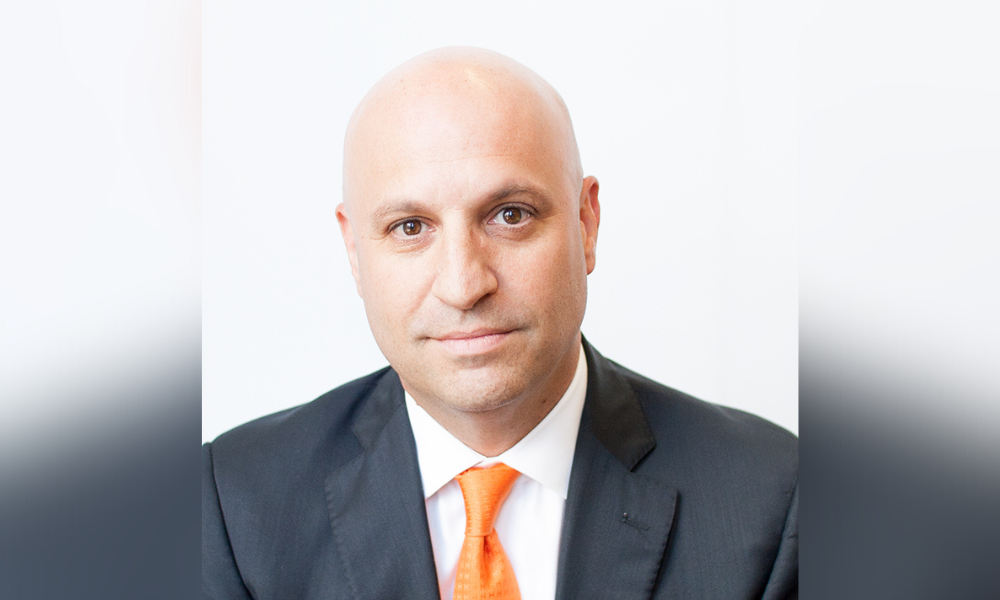President and CEO outlines firm's continued efforts to service clients moving back and forth across the 49th parallel

It’s been just over 10 years since Raymond James set up its cross-border platform to address what it saw as a gaping need for that client segment. And over that time, that business has grown far more substantially than hoped.
“We saw a need back then in clients moving back and forth between Canada and the US. We thought that there was an opportunity here for our firm, to offer a service to help these clients out,” says Steven Marcus, president and CEO of Raymond James (USA) Ltd (pictured above).
According to Marcus, the platform’s cross-border clientele captures a diverse cross-section, including high-net-worth individuals, professional hockey players, and Hollywood actors. More recently, he says they’re seeing more opportunities from Canadians choosing to move south of the border as the cost of living in certain jurisdictions, including Toronto and Vancouver, becomes harder for them to support.
“We’re seeing US resident clients passing away and leaving their US retirement accounts to Canadian residents,” Marcus says. “That seems to be a problem for the Canadian resident, because they're not a US person, and they don't know particularly what an IRA is because they never lived in the States. … We’re able to open what we call ‘inherited IRAs,’ and help them with tax issues and different issues so they can take on their loved ones’ funds.”
To properly protect their clients’ interests, Marcus says cross- border advisors have to keep watch for trends and developments in both the Canadian and US economies. As some clients choose to move from high-cost Canadian jurisdictions to more affordable US cities, they rely on their financial advisors to give them some idea on what to expect.
As someone raised in the New York who eventually relocated to Vancouver in 2012, Marcus knows well how complicated the immigration process can get, with different legal requirements and complexities coming into play. To properly guide clients, Raymond James also has relationships with numerous immigration attorneys who can say what they need to prepare based on their specific circumstances and the path they want to go down.
“We’re investment advisors, so our job is to make sure our clients’ investments are properly invested,” he says. “When it comes to tax, for instance, we recommend that they speak to a cross-border accountant to help them. We do employ some in-house cross-border tax consultants, and we have relationships with a lot of cross-border accountants that we can refer clients to.”
While other firms may do cross-border services off the side of their desk, Raymond James sees it as a more integral piece of its wealth offering. It invests substantial dollars and human capital into keeping up-to-date information on all cross-border issues, thus providing all its Canadian advisors with invaluable support.
“At Raymond James, we require our home office employees and advisors to obtain all of their US proficiencies. That separates us from our competitors here in Canada,” Marcus says. “There are rules and regulations in the United States that can drastically differ from what it's like up here in Canada. So we want to make sure that we are fully knowledgeable here.”
Raymond James has also engaged the services of Pershing, one of the largest custodians in the US, to help handle their clients’ assets. The firm is subscribed to Pershing’s Gold Star service – a hefty investment, but one that Marcus says pays dividends as it lets them access different specialist units across the platform to ask questions about tax, transfers, and other nuanced issues their clients might encounter.
“We know that the need for cross-border specialization is only going to keep growing. More people are coming into Canada from the US, and clients are going to continue to move back and forth between the 49th parallel,” he says. “It's a growing trend, so we want to make sure that our firm is fully equipped to service those clients.”



